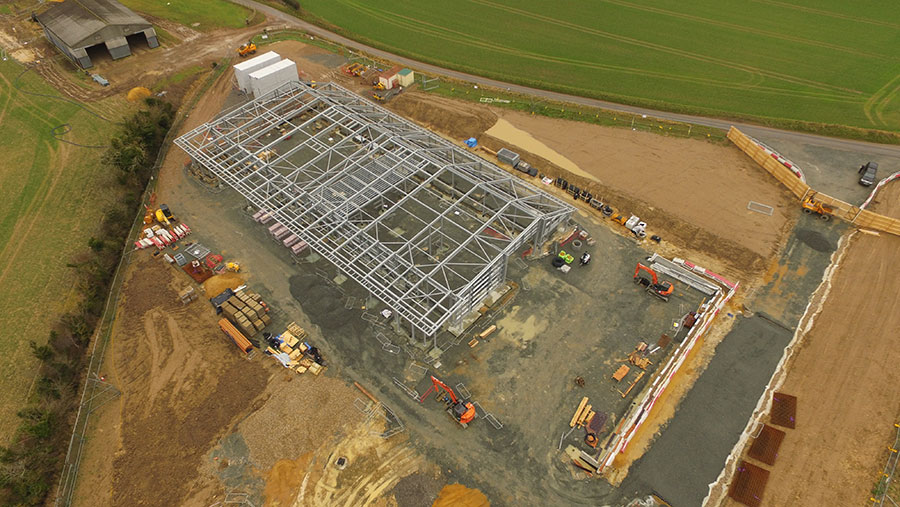£3.4m field station to help farmers battle crop pests and diseases
Arable farmers are set to benefit from a multimillion pound research station in the Norfolk countryside aimed at creating varieties that are resilient to costly pests and diseases.
After an era that saw the closure of institutions across the UK, the John Innes Centre is setting up a field experimental station, 20 miles west of Norwich, to carry out groundbreaking research into crop improvements.
Researchers believe bringing together laboratory and field research in one location will improve research and understanding of how genes control plant growth in the field.

See also: Why phosphate fertiliser use on crops may have to change
Their aim is to create tools for plant breeders to produce new varieties that are more reliable, nutritious and resilient to pests and diseases
Cathy Mumford, who leads the field experimental team at the John Innes Centre, explained it means researchers can investigate crop genetics and their effects in an environment in which farmers would grow their crops.
“Every season is different unlike a glasshouse or controlled environment,” she said.
The new development at Church Farm, Bawburgh, is set in 110ha of farmland owned by the centre with 20ha dedicated each year for field research on crops and some non-crop plant species.
Including two laboratories, the £4.3m facility is being mostly funded by the Biotechnology and Biological Sciences Research Council, with a contribution from the John Innes Foundation.

